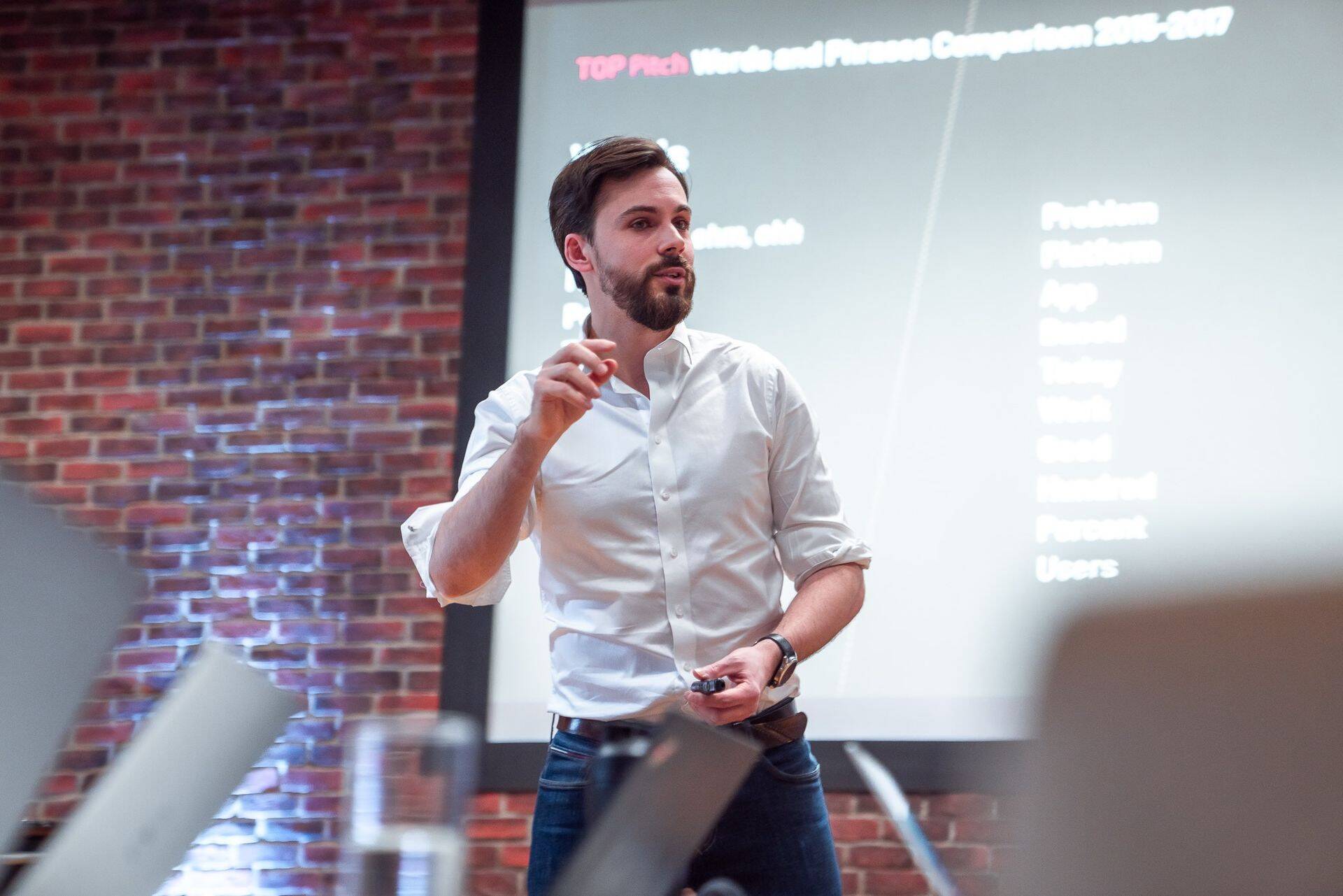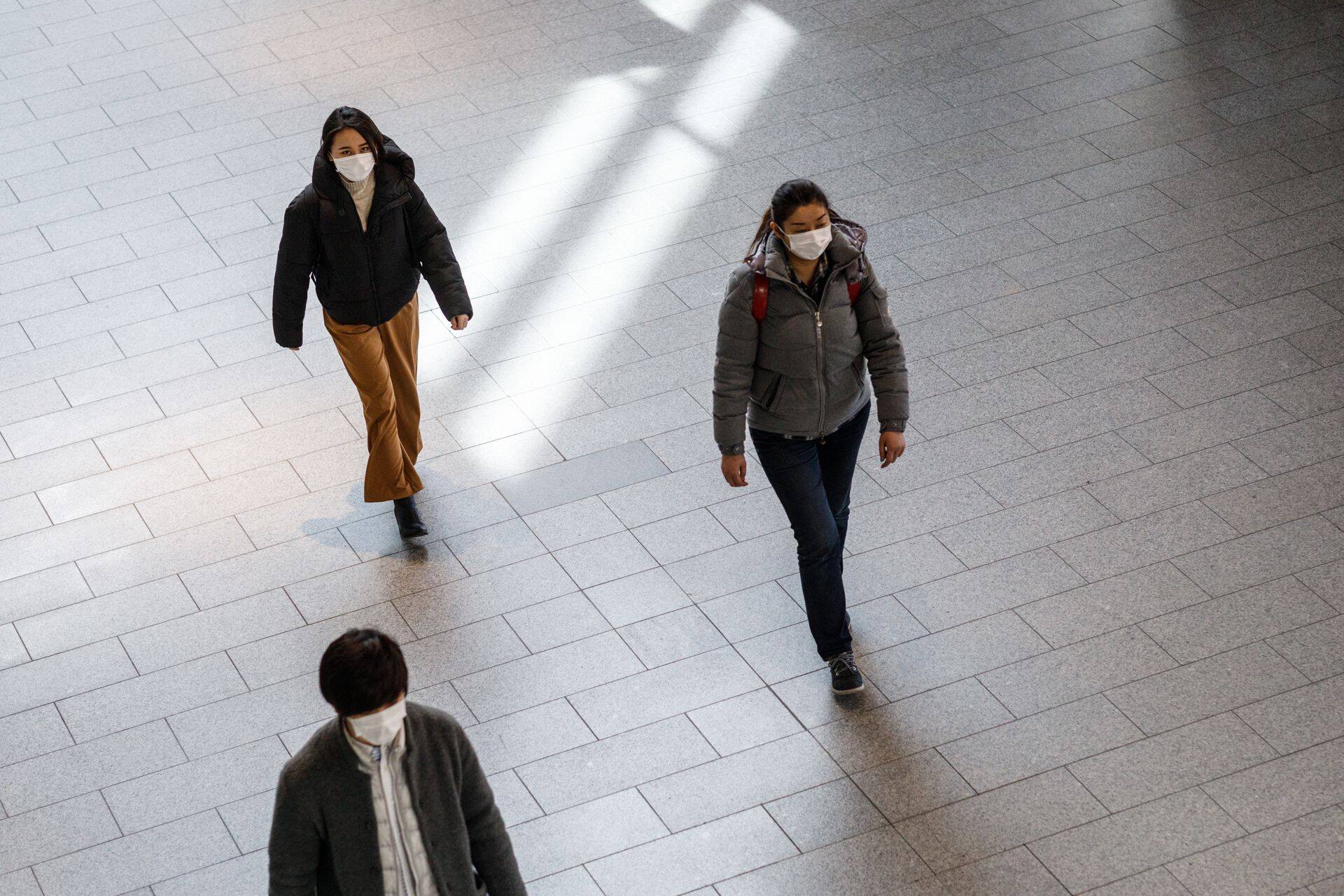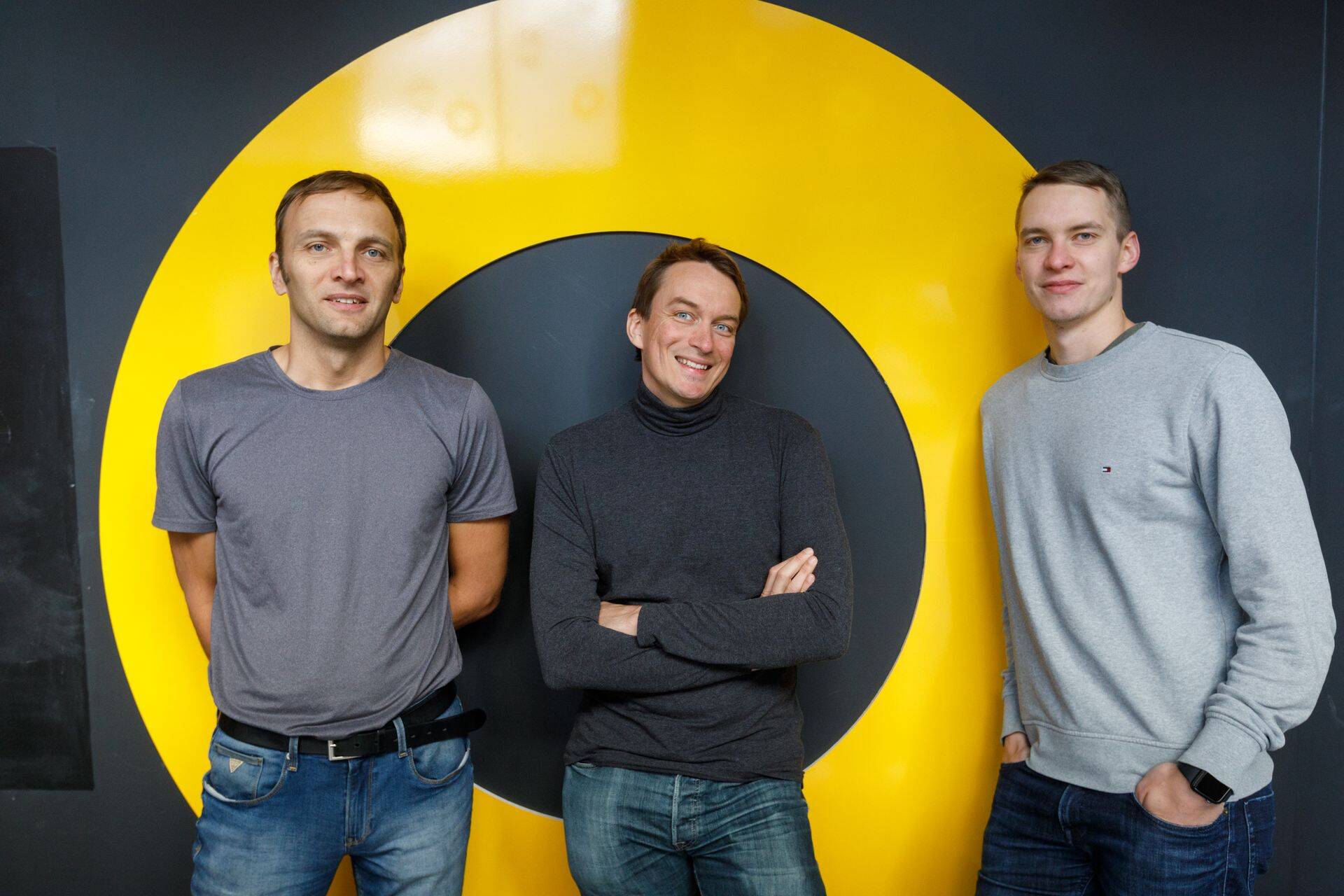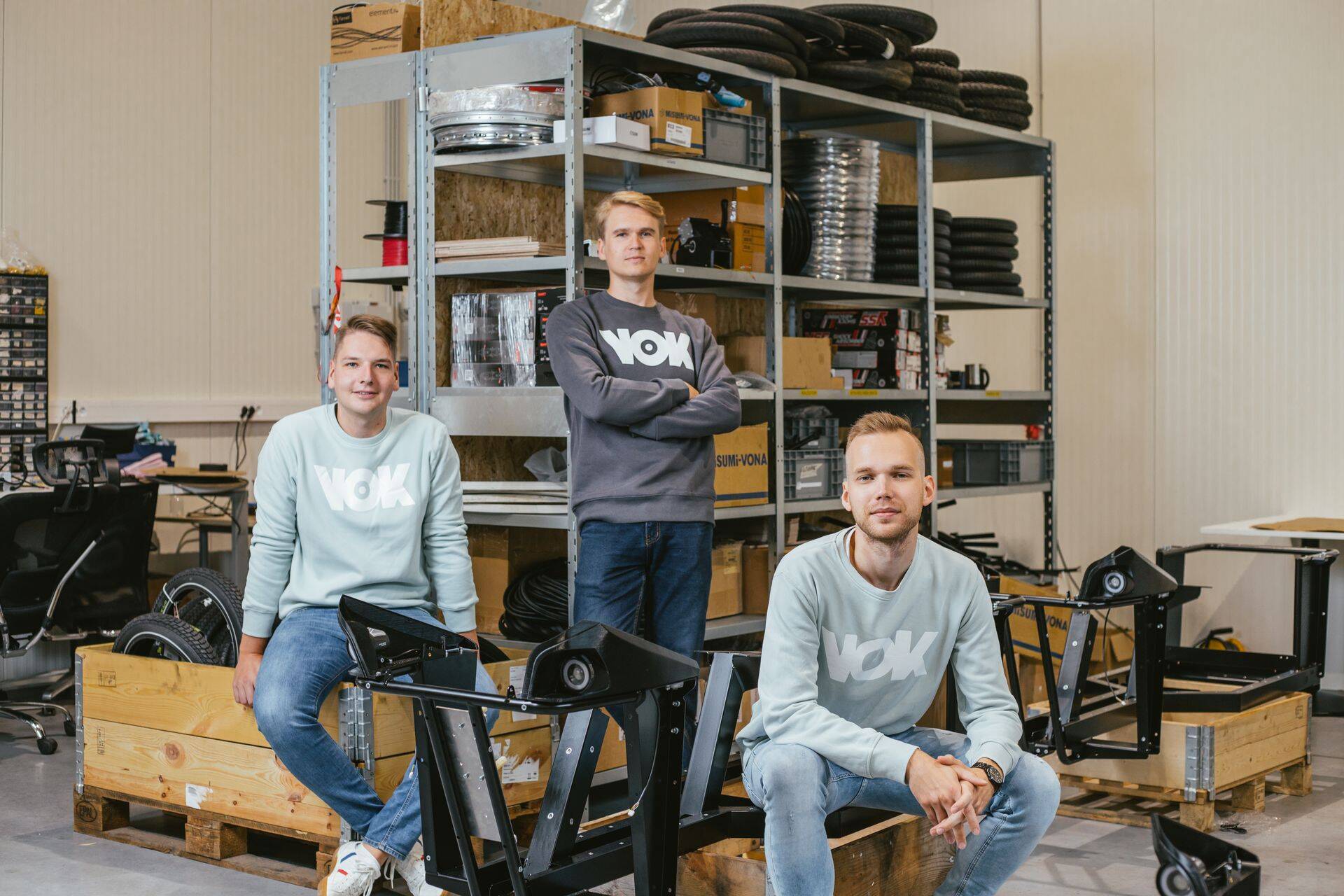- aripaev.ee
- ituudised.ee
- bestmarketing.ee
- kestlikkusuudised.ee
- kaubandus.ee
- finantsuudised.ee
- palgauudised.ee
- personaliuudised.ee
- raamatupidaja.ee
- toostusuudised.ee
- logistikauudised.ee
- ehitusuudised.ee
- kinnisvarauudised.ee
- pollumajandus.ee
- mu.ee
- imelineteadus.ee
- imelineajalugu.ee
- laanevirumaauudised.ee
- kalastaja.ee
- dv.ee
Tähelepanu! Artikkel on enam kui 5 aastat vana ning kuulub väljaande digitaalsesse arhiivi. Väljaanne ei uuenda ega kaasajasta arhiveeritud sisu, mistõttu võib olla vajalik kaasaegsete allikatega tutvumine
Rain Rannu: The Painkiller Companies Are Doing Well Right Now
In the coming weeks, investment funds and investors will need to focus on helping their portfolio companies, said Rain Rannu, co-founder of investment fund Superangel.
According to Rannu, the last few weeks have shown how quickly young companies can mobilise to solve huge challenges. These are called painkiller companies.
Rannu admitted to Äripäev radio that the startup sector is not untouched by the crisis. Startups have advantages in terms of work processes – it is easier for most startups to adapt to the ongoing situation than for traditional companies. In his opinion, for international companies, the efficiency has somewhat even increased. "But, of course, there are startups in Estonia, also in our portfolio, which have been hit quite hard by the crisis, as they have lost some large markets," he added.
Young people who became entrepreneurs through startups are now getting a pretty tough experience. They have not seen a crisis, debt problems, loss of liquidity before.
True, the situation is new to many. On the other side, young people adapt more easily. And there are those for whom the crisis actually opens up opportunities.
Now that we are all quarantined at home, we need food delivered, but the usual delivery service of large stores cannot manage the workload. In two or three weeks, they have not been able to bring any significant improvement. So, startups, such as Bolt, have entered the market. And Ziticity, one of our portfolio companies, has been able to bring a new solution to the market in a week or even a few days.
Recalling the previous financial crisis, quite a number of well-known companies started out from the crisis.
Exactly. The startups, which started out from the previous crisis, were companies that solved real problems – painkiller startups.
Hetkel kuum
The crisis puts things in perspective and companies will understand whether their products are really necessary or are just nice to have. Companies that provide a product or service that solves a problem have a very strong advantage in the long run, both in good and bad times.
Companies are hoping for government help in the current situation. What can the state do for startups?
The startup is also a real company with its real customers and real markets. Many Estonian startups are currently losing markets and need help in the same way as companies in other sectors. It is important that the state measures apply also to startups in order to overecome the crisis.
People say that tartups need patient money. Now we are seeing panic sales, for example on the Funderbeam crowdfunding platform. How do investors feel now about investing in startups?
First and foremost the investors and funds must deal with their portfolio companies, assess their situation and consider whether these companies can be helped. This has been the most important activity for us in the recent weeks and will certainly continue to be in the next coming months. A good investor is one who helps its company even in difficult times.
The volume of Superangel fund is 20 million euros, where LHV Bank’s pension funds have a large share. How are you and other core investors reacting to what is currently happening in the financial markets?
LHV pension funds and the Estonian state funds make up for less than a half of our fund. The other half is made up of Superangel founders money and the investments of other Estonian entrepreneurs and startup founders, who have achieved success and are now investing in startups through our fund. Our strong investor base of practitioners and entrepreneurs is very understanding and helpful. In many cases, our investors have been able to help our startups.
So you're not pulling money out of the fund?
No, absolutely not. Many successful companies such as Uber, Airbnb and video conferencing company Zoom were founded during or immediately after the previous crisis. We see that, even in this crisis, new companies are emerging that will solve the problems we have in three, five or ten years' time.
This crisis is a huge shock to many. But if we try to find something positive from the crisis, it may be that in the areas where we are currently changing our habits - such as working from home, children studying at home, some services in the health sector moving to online channels – the changes will stay with us to some extent also after this crisis. And these changes in turn create opportunities for startups to create new solutions.
How are Superangel's portfolio companies doing?
Our portfolio includes a wide variety of companies, we have done over 30 investments. Some are without change, some are having a very hard time right now and for some new market opportunities have opened up. For example, for those who provide contactless delivery of goods.
Have any new companies been created these days?
Yes, for sure, but for the past few weeks our primary focus has been on existing companies. Sure, our fund will continue investing and we are actively looking for new companies to invest in. Fundamentally, nothing has changed. We are still interested in companies with bright and ambitious founders who can build world-class companies.
Is there anything that has come to a stop?
Palo Alto Club events have, of course, been postponed for now, but we are still doing some of them online. We are currently developing a process on how best to help our startups around the world in a situation where we can’t physically meet. So I would not say say that there is something that has really come to a halt, rather undergone restructuring, like any organization doing now.
What investment recommendation would you make?
It is worth investing in areas that show potential of growing in the post-crisis world. Currently many startups and large companies around the world are dealing with the crisis. But the best investments in the long run are in companies whose products and services are still needed after the crisis.
Estonian well-known politician and social scientist Marju Lauristin has said that the crisis makes people better. Do you share this view?
Yes, perhaps for the first time in history, the whole humanity is focused on solving a common problem. It certainly connects us. We see this in many companies and in the case of individuals who help those in need. For example, Superangel Fund supported one hundred Estonian families with computers to enable them to participate in e-learning, because they did not have the resources. I sure hope that helping others will continue also after the crisis.
The interview originally published in Estonian business daily Äripäev.
...
FoundME is inviting you on board of a weekly newsletter that will bring you the news and opinion stories from the Estonian startup scene. - Subscribe to FoundME newsletter HERE!
Seotud lood
Tänapäeval ei piisa pelgalt ilusast välimusest – tõeliselt edukad digilahendused peavad olema samas ka kasutajasõbralikud, toimivad ja esteetilised.
Enimloetud
Viimased uudised
Hetkel kuum
Liitu uudiskirjaga
Telli uudiskiri ning saad oma postkasti päeva olulisemad uudised.
Tagasi FoundMe esilehele











